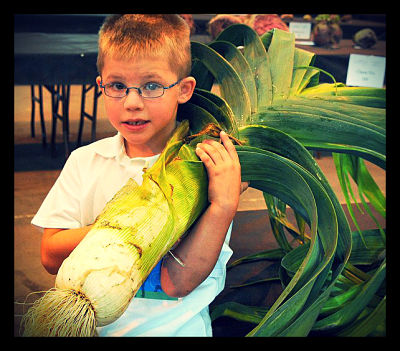Food Security – Hydrogen Sulphide and Enhanced Plant Growth

Hydrogen sulphide, a gas known for its toxicity to both plants and humans, has rarely even been studied in small quantities. Recently, a scientist researching the effects of hydrogen sulphide on plants made a simple dilution mistake-accidentally exposing the plants to low as opposed to high levels of the gas-that yielded completely unexpected results. In a discovery that has huge implications in regards to global food security, a surprising link was discovered between hydrogen sulphide and enhanced plant growth.
Researchers at the University of Washington were researching the toxicity effects of hydrogen sulphide and mistakenly exposed the plants to a much lower concentration of the compound then they originally intended. Unbelievably, instead of dying the plants responded with an accelerated rate of growth, with seeds germinating in half the time and crop yields nearly doubling. Just to make sure, researchers replicated the experiment several times in order to verify the relationship between hydrogen sulphide and enhanced plant growth, and the plants responded with the same accelerated growth patterns.
This recent development has exciting implications with respect to global food security, as the ability to grow plants at a larger and faster rate will help meet the demands of a rapidly increasing world population.
In regards to the link between hydrogen sulphide and enhanced plant growth, University of Washington Doctoral student Frederick Dooley remarked that, “They germinate faster and they produce roots and leaves faster. Basically what we’ve done is accelerate the entire plant process.”
The ability to both expedite and enhance the germination of plants from seeds to readily available crops carries with it great implications for the future of food security. Moreover, by unexpectedly finding the previously unknown link between hydrogen sulphide and enhanced plant growth, agricultural researchers are helping to solve the world hunger problem.
– Brian Turner
Source Science Daily
Photo Kazak
